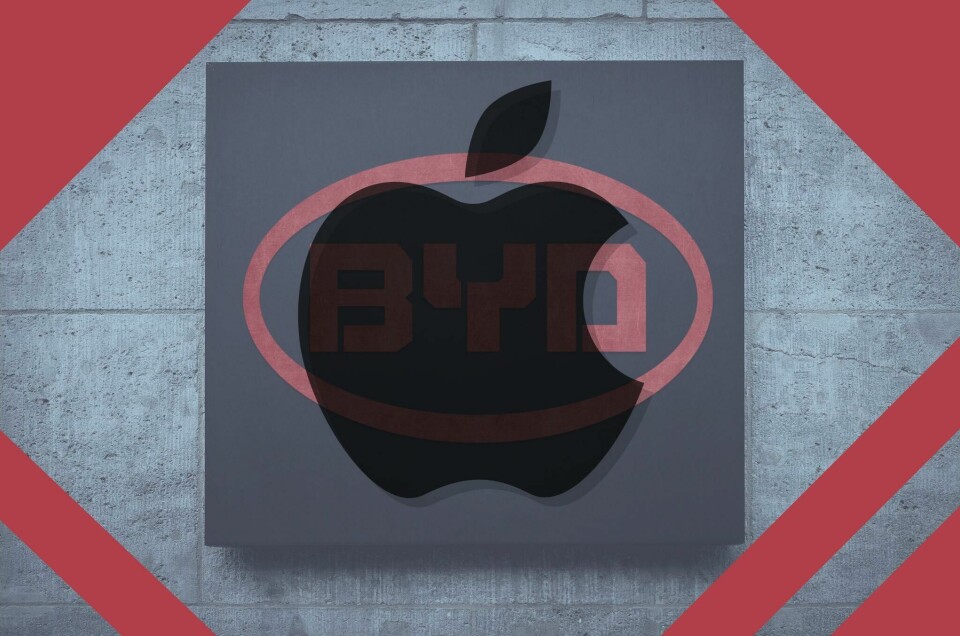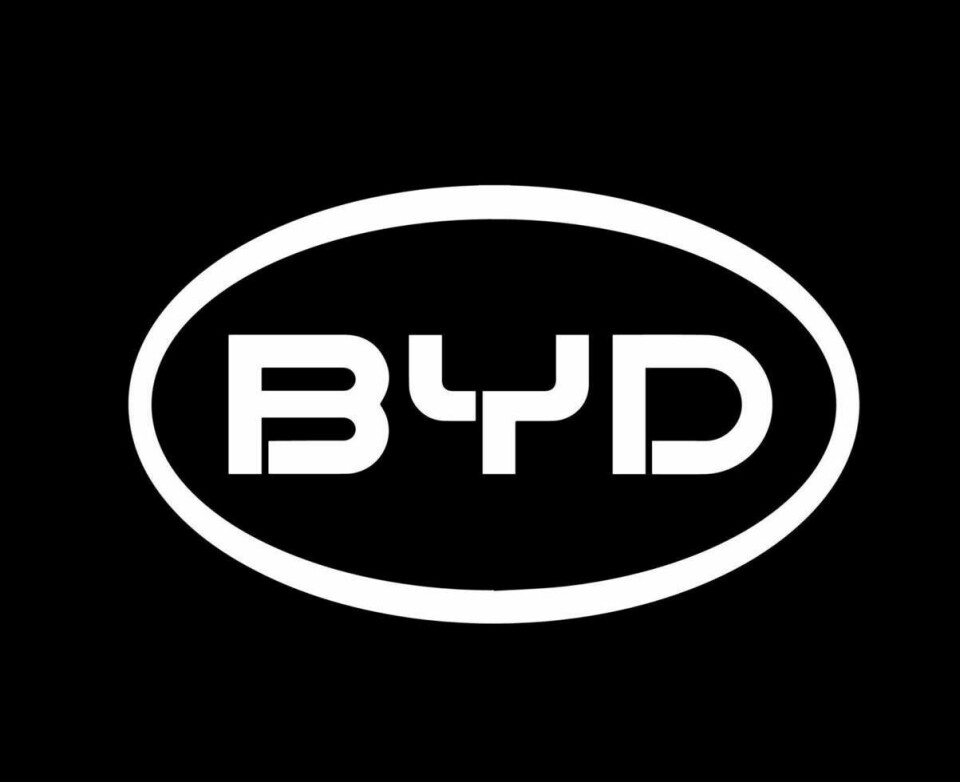How BYD’s partnership with Apple shaped the future of EV battery technology
Apple’s secret partnership with Chinese automaker BYD focused on developing long-range EV batteries. While Apple’s car project was shelved, BYD’s Blade battery benefited from the collaboration, becoming a key driver of its success in the competitive EV market.

Apple’s once-secret partnership with Chinese automaker BYD focused on long-range EV battery development. Though Apple’s car project is now shelved, BYD’s Blade battery benefits from the collaboration, driving its success in the EV market.
In a covert endeavour that spanned several years, Chinese automaker BYD, worked closely with tech giant Apple, to develop long-range electric vehicle (EV) batteries. According to Bloomberg, while Apple ultimately abandoned its ambitious car project, the collaboration between the two tech powerhouses has left a lasting impact, shaping the battery technology that powers millions of BYD cars today.
The report suggests the partnership, which began around 2017, focused on lithium iron phosphate (LFP) battery cells, known for being safer and offering extended range compared to standard EV batteries at the time. According to alleged sources familiar with the matter, who, Bloomberg suggests requested anonymity due to the sensitivity of the project, BYD contributed its manufacturing prowess and advancements in LFP technology while Apple’s engineers brought significant expertise in advanced battery packs and thermal management.

Although Apple does not retain any direct ownership of the technology now used in BYD’s Blade battery system, the now-shelved project suggests the iPhone maker’s commitment to creating cutting-edge automotive technology, highlighting the fecundity of the electrification environment for new players. Over the last decade, Apple reportedly poured approximately $1 billion annually into its car project, which was widely seen as a potential “next big thing” for the tech giant. The programme was, however, abruptly cancelled in early 2024.
Despite the end of the venture, BYD’s current Blade battery — which powers its entire range of electric vehicles — is, in part, a product of this collaboration, according to the report.
Though BYD maintains full ownership of the Blade’s intellectual and patent rights, the system’s evolution was influenced by insights gained from Apple’s involvement. In an emailed statement, a BYD spokesperson commented, “the concept for the Blade battery originated with BYD engineers, who independently developed this LFP Blade battery. BYD holds complete property rights and patent rights for the Blade battery.”
BYD and Apple: a decade of secretive innovation
The seeds of Apple’s involvement with BYD were planted nearly a decade ago. As Apple searched for core technologies for its ambitious car project, BYD engineers showcased early versions of what would become the Blade battery to Apple’s leadership team. The American tech company was particularly impressed by the battery’s safety features and its potential for increased energy storage. Keen to enhance the range and performance of their vehicle, Apple sought out custom modifications to the technology.
At the time, Apple had already been experimenting with various battery technologies, including nickel and alkaline-based systems. The company had invested heavily in battery pack design, aiming to maximise cell capacity within the vehicle. The collaboration with BYD represented a fusion of two distinct areas of expertise — BYD’s ability to manufacture cutting-edge LFP batteries at scale, and Apple’s intricate battery design knowledge.
”The Shenzhen-based company sold over 3 million electric and hybrid vehicles in that year alone, a massive leap from the 179,054 units it sold just three years earlier”
Apple’s efforts in the automotive space were led by notable figures from the industry. Alexander Hitzinger, a former senior Volkswagen AG and Porsche executive, oversaw product design for the project from 2016 to 2019. Meanwhile, the company had also recruited Mujeeb Ijaz, a former executive from the now-defunct American battery startup A123 Systems LLC, to spearhead the battery development team. Under Ijaz’s leadership, a team of roughly 50 engineers worked intensively on creating the technology that would have powered Apple’s vehicle.
BYD’s counterpart in the partnership, says the report, was Michael He, vice president of the company’s battery business. Together, the two companies set out to develop a battery system that could potentially revolutionise the EV market. BYD’s engineers were tasked with advancing LFP cell technology, while Apple provided insights into pack design and heat management systems, which were critical for safety and range enhancement.
The rise of BYD and the changing face of electrification
Today, BYD stands as China’s largest automaker by sales, having briefly overtaken Tesla to become the world’s top seller of electric vehicles in 2023. The Shenzhen-based company sold over 3 million electric and hybrid vehicles in that year alone, a massive leap from the 179,054 units it sold just three years earlier. Much of this success can be attributed to the Blade battery, which is now one of the defining features of BYD’s vehicle lineup, offering increased range, improved safety, and lower production costs compared to previous generations of EV batteries.
BYD’s founder and chairman, Wang Chuanfu, a billionaire battery engineer, has steered the company towards becoming a global leader in EV technology. The Blade battery is now a key selling point for BYD, as it continues to expand its presence both within China and internationally.
“As for BYD, its Blade battery is now a cornerstone of the company’s success”
A costly cancellation with high-value yields for both BYD and Apple
Despite the technical progress made in its collaboration with BYD, Apple ultimately walked away from the partnership and considered alternatives from other battery makers. The broader Apple car project, plagued by delays and economic challenges, never reached the production phase. In February 2024, the tech giant made the rare decision to cancel the project altogether, marking one of its most high-profile failures.
While the car project may not have come to fruition, Apple’s foray into the automotive world was not without its benefits. The knowledge gained from years of research and development fed into other areas of the company’s product line, such as the Vision Pro headset and the Neural Engine AI processor now featured in most Apple devices. Additionally, some of the work has found its way into Apple’s growing interest in robotics, an area where the company is quietly making strides.
As for BYD, its Blade battery is now a cornerstone of the company’s success. Though Apple’s name will never appear on any of its vehicles, the report suggests the collaboration between the two companies played a crucial role in the technological advancements that have made BYD a dominant player in the global EV market.


